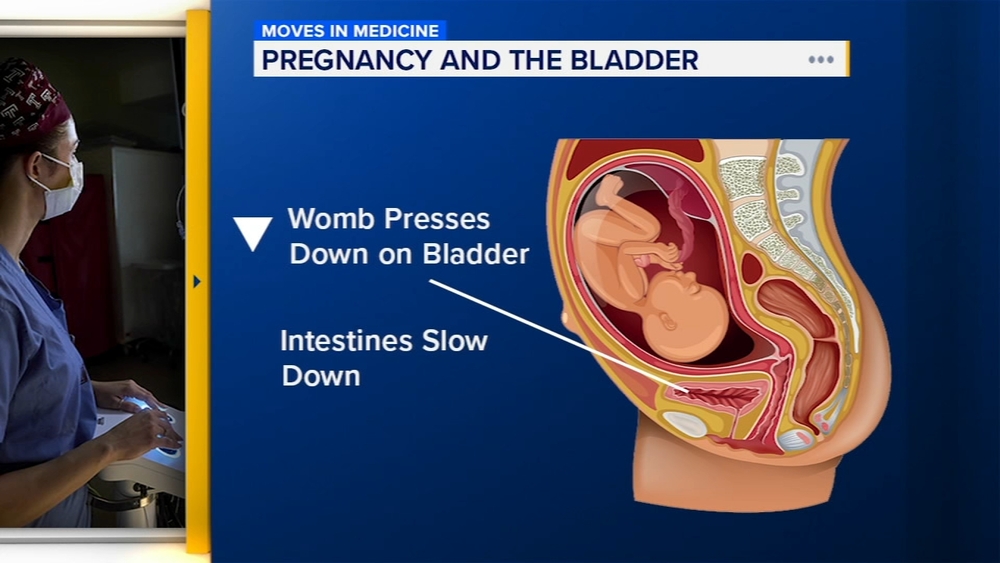The Philadelphia-created treatment changing prospects for lymphoma

FOX CHASE (WPVI) -- We often connect cancer to one part of the body. Lymphoma, however, can attack almost anywhere.
But a treatment pioneered here in Philadelphia is rapidly improving the odds for patients.
Blood nourishes and protects the body, but in lymphoma, a part of that blood turns against us.
"It's the white blood cells in our body that are responsible for killing off certain viral infections, bacterial infections," explains Dr. Peter Abdelmessiah, a specialist in malignant blood diseases at Fox Chase Cancer Center.
Dr. Abdelmessieh says because white cells are everywhere, they can become cancerous anywhere.
"We tend to think that they can only be in lymph nodes, but they can grow in any tissue of the body from the brain to the heart to the kidney," he notes.
Likewise, symptoms can affect part or all of the body.
Dr. Abdelmessieh says: "Night sweats, fatigue, new onset fever that can't be explained, and lumps and bumps on their body that just pop out of nowhere," are among the most common symptoms.
While Hodgkin lymphoma generally affects younger people, other lymphomas affect older adults and the older the person, the more prone they are.
Actors Jane Fonda, Jeff Bridges, and most recently, "Full House" star Dave Coulier have all battled it.
People being treated for autoimmune disorders like lupus, rheumatoid arthritis, and ulcerative colitis are also more vulnerable.
"If you're on immunosuppressive drugs, you are a lot more likely, some people say 40 times more likely, to develop lymphoma," Dr. Abdelmessieh says.
He says the past few years have seen a revolution in treatment, giving good remission rates to even the most difficult cancers.
Instead of a stem cell transplant after relapses, patients may get CAR-T cell immunotherapy first.
That's where T-cells are removed, trained to kill cancer cells and put back in the body. The process was developed in Philadelphia for leukemia, but shows promise for other cancers and so far, it has a 30% to 40% success rate.
"These are patients who have failed all options," he says.
Putting it into perspective, he says, "Although that number seems low to you, it's remarkable to me, because it was zero three years ago.
The doctor says CAR-T is being tested for use right after chemotherapy for patients at high risk of a relapse. As more effective versions are developed, it may replace chemotherapy entirely.






